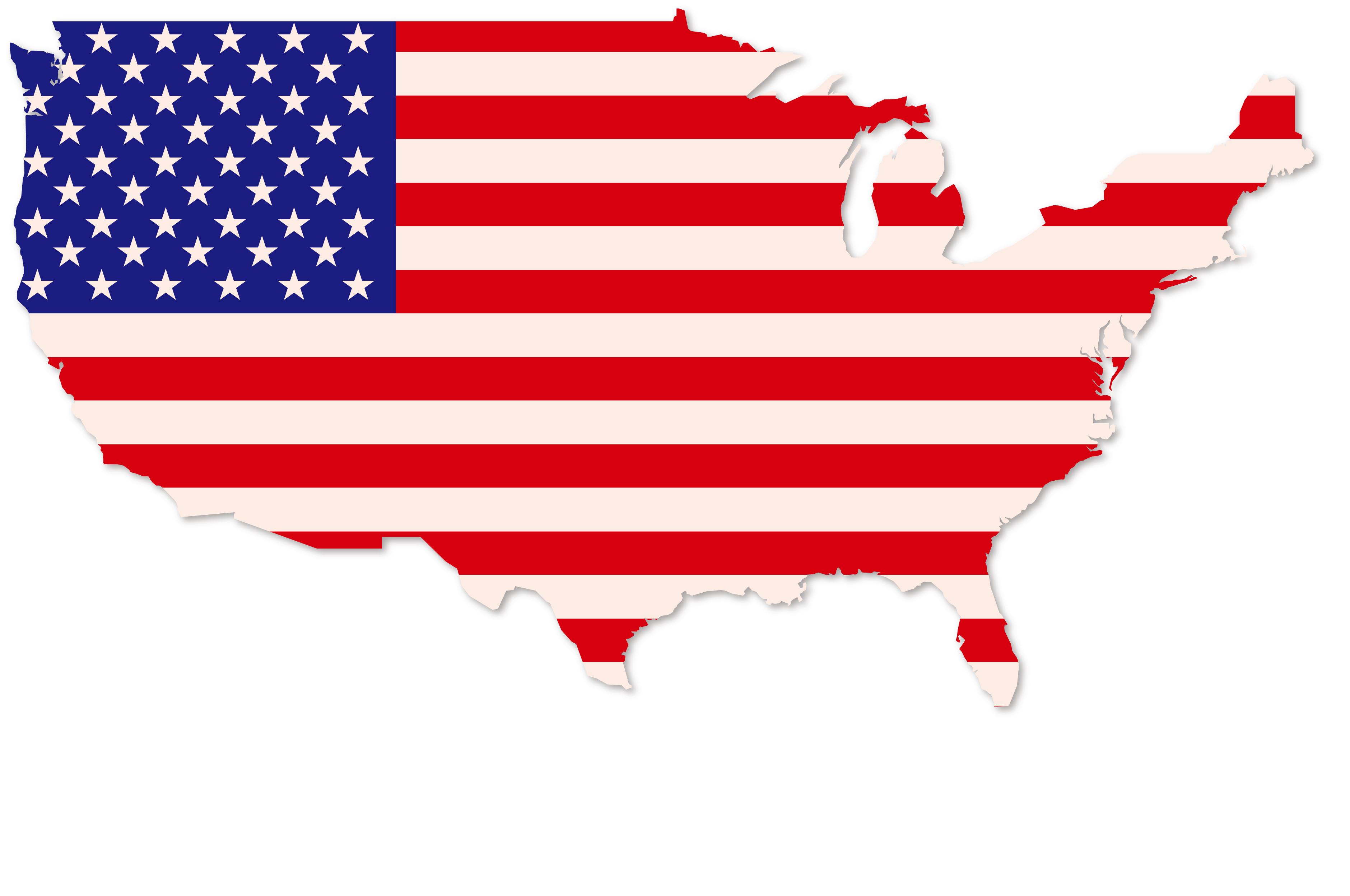基本的な理念(Core Ideologies)
The Republican Party generally advocates for conservative values, which emphasize limited government, lower taxes, and individual responsibility. They believe that economic growth is best achieved through a free market with minimal government intervention.
On the other hand, the Democratic Party supports progressive policies that focus on social equality, expanded government programs, and regulations to protect consumers and workers. They argue that government intervention is necessary to address social and economic inequalities.
和訳
共和党は一般的に**保守的(conservative)**な価値観を支持し、**限定的な(limited)**政府、低税率、個人の責任を重視します。彼らは、経済成長は政府の介入を最小限に抑えた自由市場によって最も効果的に達成されると考えています。
一方、民主党は**進歩的な(progressive)**政策を支持し、社会的平等、拡大された政府のプログラム、および消費者や労働者を保護するための規制を重視します。彼らは、社会的・経済的不平等を解決するために政府の介入が必要であると主張しています。
経済政策(Economic Policies)
Republicans generally support deregulation and tax cuts to stimulate economic growth. They believe that reducing government expenditures allows businesses and individuals to thrive.
Democrats, however, argue that higher taxes on the wealthy and corporations help fund public services such as education and healthcare. They favor redistributive policies that aim to reduce income inequality.
和訳
共和党は一般的に**規制緩和(deregulation)と減税を支持し、経済成長を促進しようとします。彼らは、政府の支出(expenditures)**を削減することで、企業や個人が成長できると考えています。
一方、民主党は、富裕層や企業への増税によって、教育や医療などの公共サービスの財源を確保するべきだと主張します。彼らは、所得格差を縮小することを目的とした**再分配的な(redistributive)**政策を好みます。
社会政策(Social Policies)
The Republican Party takes a conservative stance on social issues, often opposing policies such as abortion rights and stringent gun control laws. They emphasize traditional family values and personal liberty.
Democrats, in contrast, advocate for more inclusive social policies, supporting LGBTQ+ rights, abortion rights, and strict gun control measures. They believe in protecting marginalized communities through government action.
和訳
共和党は社会問題において**保守的(conservative)な立場をとり、しばしば妊娠中絶の権利や厳格な(stringent)**銃規制法に反対します。彼らは伝統的な家庭の価値観や個人の自由を重視します。
一方、民主党はより**包括的(inclusive)な社会政策を提唱し、LGBTQ+の権利、妊娠中絶の権利、および厳格な(strict)銃規制を支持します。彼らは政府の介入を通じて社会的に疎外された(marginalized)**コミュニティを保護すべきだと考えています。
外交政策(Foreign Policy)
Republicans often favor a hawkish foreign policy, supporting strong military spending and a unilateral approach to international relations. They prioritize national sovereignty and security over global cooperation.
Democrats tend to support a multilateral approach, emphasizing diplomacy and international alliances such as NATO. They advocate for reducing military expenditures and using diplomatic means to resolve conflicts.
和訳
共和党はしばしば**タカ派的な(hawkish)外交政策を支持し、軍事費の増加や一国主義的な(unilateral)**アプローチを好みます。彼らは、グローバルな協力よりも国家主権と安全保障を優先します。
一方、民主党は**多国間の(multilateral)**アプローチを支持し、外交やNATOのような国際的な同盟を重視します。彼らは軍事費の削減を提唱し、外交的手段による紛争解決を求めます。
重要単語(Key Vocabulary)
- conservative
- 発音記号: /kənˈsɜːrvətɪv/
- 品詞: 形容詞・名詞
- 和訳: 保守的な、保守派の
- 例文: Many conservative voters oppose higher taxes on businesses.
- 和訳: 多くの保守的な有権者は、企業への増税に反対している。
- limited
- 発音記号: /ˈlɪmɪtɪd/
- 品詞: 形容詞
- 和訳: 限定的な、制限された
- 例文: The new law provides only limited protection for workers.
- 和訳: 新しい法律は、労働者に対して限定的な保護しか提供していない。
- progressive
- 発音記号: /prəˈɡrɛsɪv/
- 品詞: 形容詞
- 和訳: 進歩的な、革新的な
- 例文: The senator supports progressive policies on climate change.
- 和訳: その上院議員は、気候変動に関する進歩的な政策を支持している。
- deregulation
- 発音記号: /ˌdiːˌrɛɡjuˈleɪʃən/
- 品詞: 名詞
- 和訳: 規制緩和
- 例文: Deregulation of the banking sector led to financial instability.
- 和訳: 銀行業界の規制緩和が金融の不安定化を招いた。
- expenditures
- 発音記号: /ɪkˈspɛndɪtʃərz/
- 品詞: 名詞
- 和訳: 支出、経費
- 例文: The government increased its expenditures on public healthcare.
- 和訳: 政府は公的医療への支出を増やした。
- redistributive
- 発音記号: /ˌriːdɪˈstrɪbjʊtɪv/
- 品詞: 形容詞
- 和訳: 再分配の
- 例文: Redistributive tax policies aim to reduce economic inequality.
- 和訳: 再分配的な税政策は、経済的不平等を減らすことを目的としている。
- stringent
- 発音記号: /ˈstrɪndʒənt/
- 品詞: 形容詞
- 和訳: 厳格な、厳しい
- 例文: The country has stringent immigration laws.
- 和訳: その国は厳格な移民法を持っている。
- inclusive
- 発音記号: /ɪnˈkluːsɪv/
- 品詞: 形容詞
- 和訳: 包括的な
- 例文: The company promotes an inclusive workplace culture.
- 和訳: その企業は包括的な職場文化を推進している。
- hawkish
- 発音記号: /ˈhɔːkɪʃ/
- 品詞: 形容詞
- 和訳: タカ派の
- 例文: The president took a hawkish stance on national security.
- 和訳: 大統領は国家安全保障についてタカ派的な立場を取った。
- unilateral
- 発音記号: /ˌjuːnɪˈlætərəl/
- 品詞: 形容詞
- 和訳: 一国主義的な、一方的な
- 例文: The country made a unilateral decision to withdraw from the treaty.
- 和訳: その国は条約から脱退する一方的な決定を下した。

